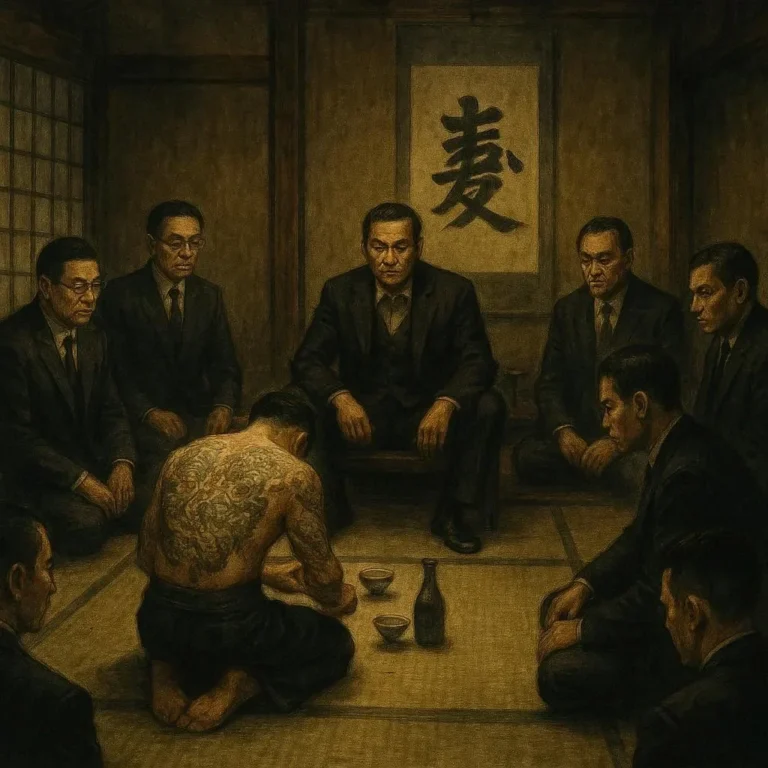505 views Samurai Warriors and Their Connection to Zen Philosophy: The Spiritual Foundation of Bushido
The samurai warriors of Japan are renowned for their prowess in battle and their adherence to a strict code of honor known as Bushido. Yet, beneath their martial prowess lies a profound connection to Zen philosophy, a connection that shaped their mindset, behavior, and approach to life. This blog post delves into the relationship between samurai warriors and Zen Buddhism, exploring how Zen principles influenced their spiritual and philosophical framework.
The Roots of Zen Buddhism in Japan
Zen Buddhism, which originated in China and later spread to Japan, became an integral part of Japanese culture, particularly among the samurai class. Zen teachings emphasized the attainment of enlightenment through meditation and the realization of the true nature of reality. For samurai, Zen was not just a religious practice but a way to cultivate mental discipline, focus, and a deeper understanding of life and death.
The influence of Zen on samurai culture was profound. Many samurai practiced Zen meditation, known as zazen, as a means to clear their minds, focus their thoughts, and prepare for battle. Zen also taught them to embrace the impermanence of life and to accept death as a natural part of existence. This acceptance of death allowed samurai to fight without fear, knowing that their lives were but a fleeting moment in the grand scheme of time.
The Core Teachings of Zen Philosophy
Zen philosophy centers on the concepts of mindfulness, non-attachment, and the pursuit of self-awareness. These principles resonated deeply with the samurai, who sought to live with purpose, discipline, and integrity. Zen taught them to be fully present in the moment, a state of mind that was crucial in the heat of battle.
One of the central teachings of Zen is the concept of mu or ‘nothingness.’ This idea is often misunderstood as a lack of existence but is more accurately a state of freedom from attachment to worldly desires and ego. Samurai sought to cultivate this state of mind, allowing them to act decisively without being swayed by emotions or personal gain.
The Samurai Code: Bushido and Zen
Bushido, the code of conduct followed by samurai, was heavily influenced by Zen philosophy. Bushido emphasized values such as honor, loyalty, discipline, and self-control. These values align closely with Zen teachings, which stress the importance of living a simple, disciplined, and morally upright life.
One of the key principles of Bushido was the concept of makoto, or sincerity. Samurai were expected to act with honesty and integrity in all their dealings, a principle that was reinforced by Zen teachings on the importance of living in accordance with one’s true nature. This sense of sincerity was not just a moral guide but a spiritual one, as samurai believed that their actions reflected their inner character.
The Role of Meditation in Samurai Life
Meditation played a central role in the life of a samurai. Through the practice of zazen, samurai sought to quiet the mind and achieve a state of clarity and focus. This practice was not limited to moments of peace but was also used in preparation for battle. Many samurai would meditate before engaging in combat, seeking to center themselves and prepare for the uncertainty of the battlefield.
The practice of meditation also helped samurai develop a greater awareness of their surroundings. This heightened sense of awareness was not only useful in battle but also in everyday life, allowing them to navigate the complexities of social and political situations with greater ease.
The Concept of Impermanence
Zen philosophy places a strong emphasis on the impermanence of all things, a concept known as mujo in Japanese. This understanding of the transient nature of life was deeply ingrained in the samurai mindset. Samurai understood that life was fleeting and that death could come at any moment. This acceptance of impermanence allowed them to live with a sense of urgency and purpose, knowing that each moment was an opportunity to act with integrity and honor.
This acceptance of death also gave samurai a unique perspective on life. Rather than fearing death, they saw it as a natural part of existence, much like the changing of the seasons. This perspective allowed them to approach life with a sense of detachment, freeing them from the petty concerns and desires that often cloud the mind.
The Modern Relevance of Samurai Philosophy
The connection between samurai warriors and Zen philosophy offers valuable lessons for modern times. In an era dominated by technology and materialism, the principles of Bushido and Zen can provide a sense of balance and direction. The emphasis on discipline, self-awareness, and living with integrity is as relevant today as it was centuries ago.
The practice of meditation, a cornerstone of Zen Buddhism, is now widely recognized for its benefits to both mental and physical health. Many people around the world incorporate mindfulness practices into their daily routines, seeking to achieve the same state of clarity and focus that samurai sought through zazen. The principles of Bushido, such as honor, loyalty, and self-control, also continue to inspire individuals seeking to live with greater purpose and integrity.
Final Thoughts
The connection between samurai warriors and Zen philosophy is a testament to the enduring power of spiritual principles to shape human behavior and thought. Through their embrace of Zen teachings, samurai were able to cultivate a mindset of discipline, focus, and integrity, allowing them to excel both on and off the battlefield.
As we reflect on the lives of these warrior philosophers, we are reminded of the importance of living with purpose and intention. The principles of Zen and Bushido offer us a path to greater self-awareness, discipline, and fulfillment, a path that continues to inspire individuals around the world today.
In a world that often values speed and efficiency over depth and reflection, the legacy of the samurai and their connection to Zen philosophy serves as a powerful reminder of the importance of slowing down, looking inward, and seeking to understand our true nature. It is through this deeper understanding of ourselves and the world around us that we can truly find fulfillment and live with honor and integrity.







